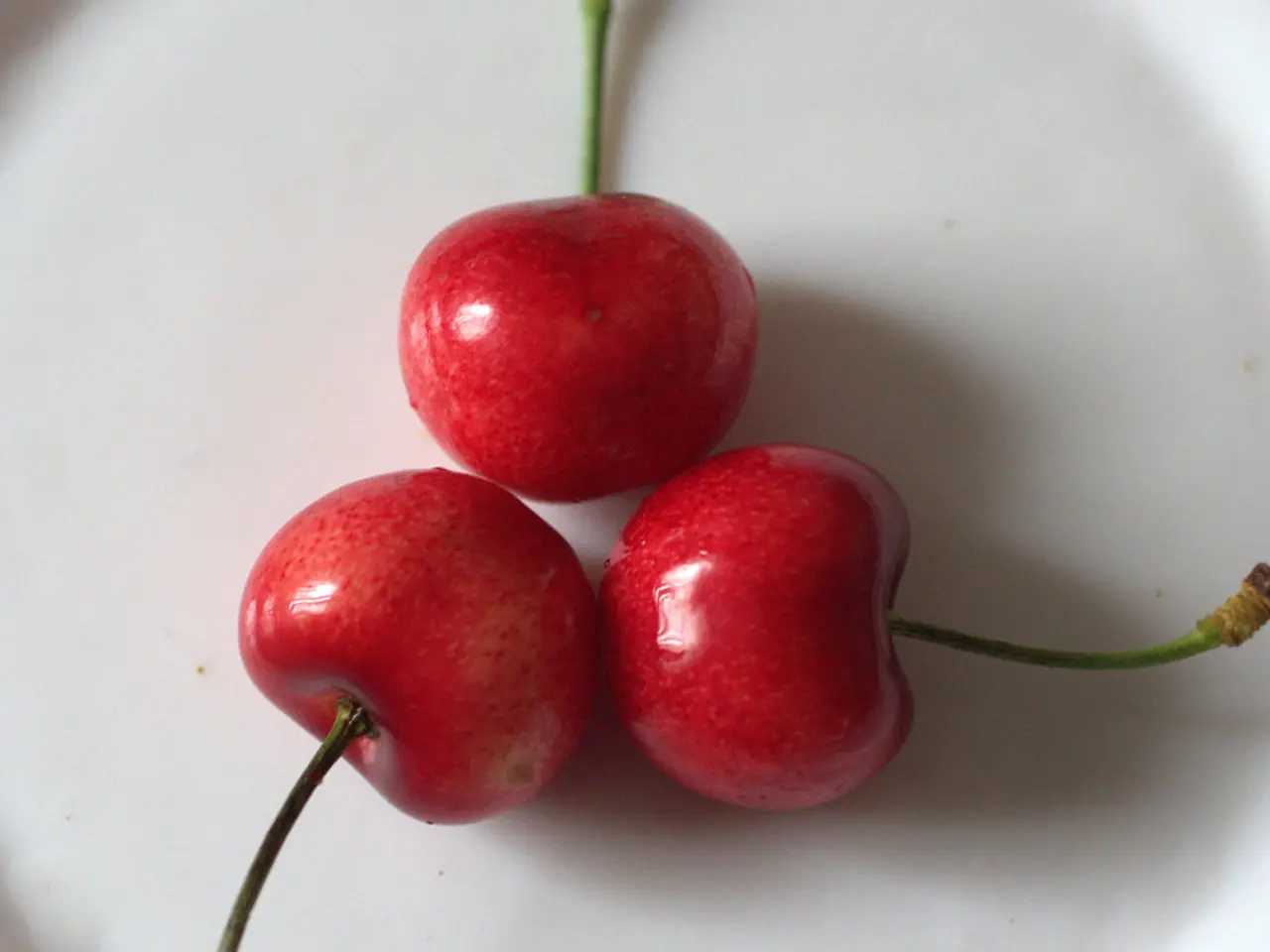Can one indeed augment the pigmentation of their skin by boosting melanin levels?
In the ongoing quest to protect our skin from the harmful effects of UV radiation, a spotlight has been cast on antioxidants and flavonoids. These naturally occurring compounds, found in a variety of foods and beverages, have been found to provide significant protection against UV damage, skin cancer, and premature aging.
When skin is exposed to UV light, it triggers the generation of reactive oxygen species (ROS) or free radicals, which can damage skin cells, DNA, lipids, and proteins. This oxidative damage contributes to inflammation, premature aging, and the initiation of skin cancer.
Antioxidants and flavonoids offer a solution to this problem by neutralizing these reactive molecules, preventing them from damaging cellular components and DNA. This reduces oxidative stress, a primary cause of photodamage and carcinogenesis.
Moreover, these compounds activate cellular antioxidant pathways, upregulating Nrf2 signaling, a pathway that controls the production of endogenous antioxidant enzymes. This fortifies the skin’s ability to neutralize oxidative damage and maintain cell survival under UV stress.
Inhibition of inflammatory and stress responses is another mechanism by which flavonoids and antioxidants protect the skin. By mitigating free radical-induced inflammation and downregulating stress-related signaling, these compounds reduce skin cell damage and abnormal pigmentation triggered by UVB radiation.
Additionally, carotenoids, a class of antioxidants found in plants, protect the skin’s lipid barrier by reducing UV-induced lipid oxidation. This preserves skin integrity and helps absorb and diffuse UVA and UVB light, acting as a natural filter to lessen UV penetration.
The potential prevention of skin cancer is another benefit of antioxidants. By decreasing DNA damage and oxidative stress, antioxidants reduce the risk of mutations that can lead to skin cancer development. Their role in repairing DNA and suppressing carcinogenic pathways under UV exposure supports skin cancer prevention.
While a chemical compound has been discovered that may potentially boost melanin levels, clinical studies are yet to prove its safety and effectiveness. Melanin, a natural protector against UV rays, reduces the risk of sunburn and skin cancer. However, it's important to note that many self-tanning products contain a compound called DHA, which produces pigment when put on the skin, but it is not the same as melanin and does not offer its protection.
The Skin Cancer Foundation recommends finding shade, avoiding tans and sunburns, avoiding indoor tanning beds, wearing protective clothing, using sunscreen, reapplying sunscreen every 2 hours, and checking skin for changes regularly to help prevent skin cancer. A healthy diet rich in antioxidants may also help prevent skin cancer.
It's crucial to remember that no safe or proven method exists to increase melanin levels, and no research has proved that foods or supplements can increase melanin. Furthermore, high dose antioxidant supplements may cause health risks, including an increased chance of some cancers and may interact with medicines.
In conclusion, a diet rich in antioxidants and flavonoids is a good way to protect against skin damage and skin cancer. These compounds offer a multi-faceted protection against UV damage, helping maintain skin health, prevent premature aging, and lower the risk of UV-induced skin cancer.
- Antioxidants and flavonoids, when consumed, aid in neutralizing reactive oxygen species (ROS) caused by UV light, thus reducing oxidative stress and photodamage.
- These compounds, found in a variety of foods and beverages, also work by activating cellular antioxidant pathways, fortifying the skin's ability to neutralize oxidative damage.
- Inhibition of inflammatory and stress responses is another mechanism by which flavonoids and antioxidants protect the skin, reducing skin cell damage and abnormal pigmentation.
- Carotenoids, another class of antioxidants, protect the skin's lipid barrier, preserving skin integrity and helping absorb and diffuse UVA and UVB light.
- The potential prevention of skin cancer is another benefit of antioxidants, as they decrease DNA damage and oxidative stress, reducing the risk of mutations leading to skin cancer development.
- The Skin Cancer Foundation suggests a healthy diet rich in antioxidants to help prevent skin cancer, in addition to other skin protection measures like sunscreen and regular skin checks.
- However, it's important to note that while melanin offers protection against UV rays, no safe or proven method exists to increase melanin levels, and high dose antioxidant supplements may pose health risks.




